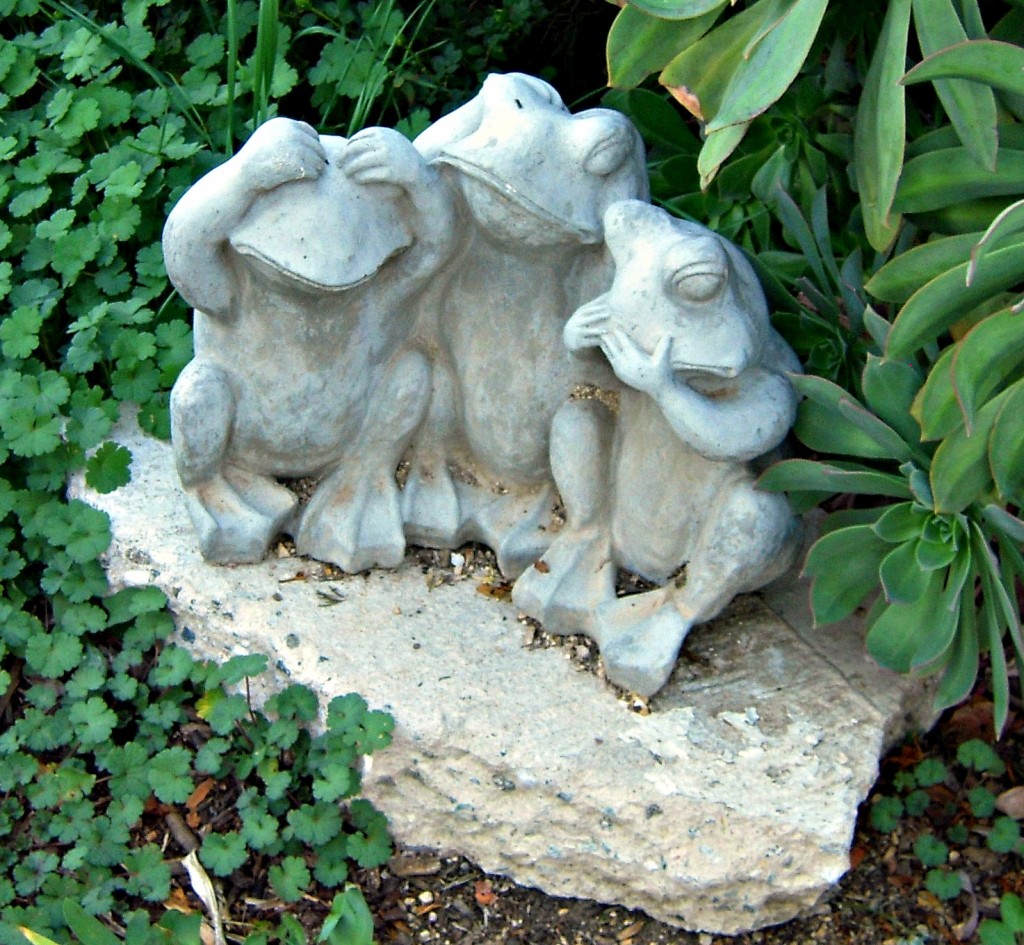 With the holidays upon us, we begin to see the best and worst in people exposed. It is now that I try to remind myself and those I love to “hear no evil, see no evil, and speak no evil”. In other words, try not to be the shady character in your holiday season that brings people down.
With the holidays upon us, we begin to see the best and worst in people exposed. It is now that I try to remind myself and those I love to “hear no evil, see no evil, and speak no evil”. In other words, try not to be the shady character in your holiday season that brings people down.
Have you ever wondered where this saying, “hear no evil, see no evil, speak no evil”, comes from? It is believed to have originated from a Chinese Tendai-Buddhist legend in the 8th century and later introduced to the Japanese culture (often depicted in carvings) as part of the Confucius Code of Conduct (although the debate over the phrase’s origin is still contested today). In Buddhist tradition, the proverb refers to people not dwelling on evil thoughts. The Western world has a slightly different reference for the proverb highlighting the lack of moral responsibility by individuals resulting in delinquent actions. Both interpretations urge us to take the higher road in our personal conduct. Sounds good to me!
